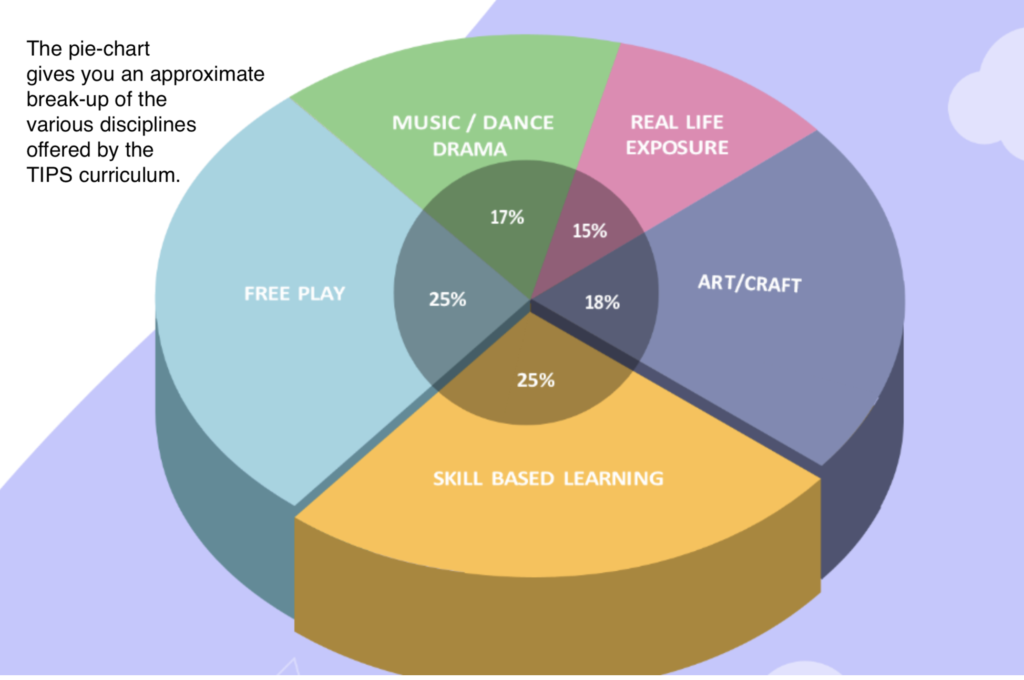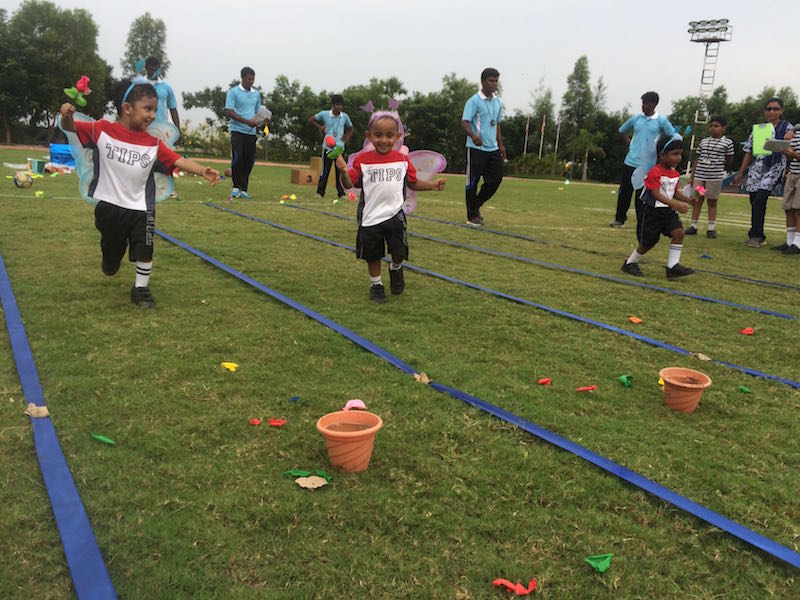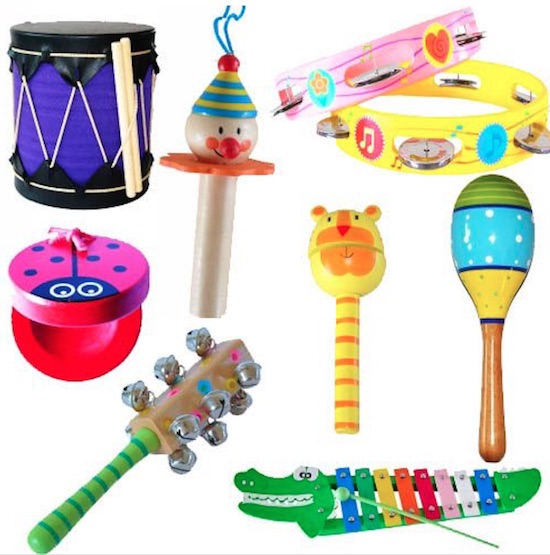TIPS KINDERCARE PROGRAM
Toddlers
Guiding principles for early years curriculum
In the light of emerging needs and new developments in early years education, an attempt is being made to ensure that the present curriculum is holistic, developmentally appropriate, indigenous, and most importantly play and activity based. Thus, the curriculum is drawn from the following guiding principles:
- Learning is continuous and cumulative
- Each child is different and grows, learns and develops on one’s own pace
- Play and activity are the primary context of learning and development
- Children learn by being provided the environment for experiential learning
- Responsive and supportive interactions with adults are essential to children’s learning
- Mother tongue or home language should be the medium of instruction
- Family involvement contributes to learning
Annual Curriculum Plan

Social skills
Children imbibe through relationship with other people and also from their surroundings. It is never too early to introduce Social skills. We can start right at the toddler stage. Most toddlers play by themselves, and are happy playing alongside each other. To help them interact with others, we introduce them to activities involving dialogs, conflicts and negotiations. Issues may arise, and this is when we start teaching them about being gentle, taking turns, shaking hands, and making friends.

Communication Skills
Toddlers are full of emotions, and it is important to show them how to express their emotions. Else it may end up in frustrations. Teaching simple sign language and body language and also introduce a few words helps express themselves. While some toddlers may learn to use phrases, others may continue needing help with sign language. Each child is guided according to their needs.

Gross motor skills
Developing their big muscles is very important. We teach them to move their bodies first and then to walk, run, hop, skip, balance and more through individual and group activities by which they develop their muscles.
Fine motor skills
Toddlers are also ready to experiment with their fine motor skills. We introduce them to Montessori based practical life activities like folding napkins, spooning, sorting and sponge squeezing.

Music/Dance
Music and dance is a great way for children to shed their inhibitions and relax and express their feelings, especially since they may not be able to put their emotions in words. The little dancers learn the skills of balancing, controlling and coordinating their body parts. Through music, toddlers learn sounds, words, rhythm and patterns which help in stimulating the connections in their growing brain.

Art and craft
Practice of Art and Crafts develops many skills in young children. Using both hands together helps in their bilateral coordination. They develop patience as they wait for their turn to use the paint or glue. It gives the children confidence when they take ownership for something they have created by themselves and seeing it displayed in their classroom walls. In the early years, we also use Art and craft to help children learn some Math and Science concepts.


